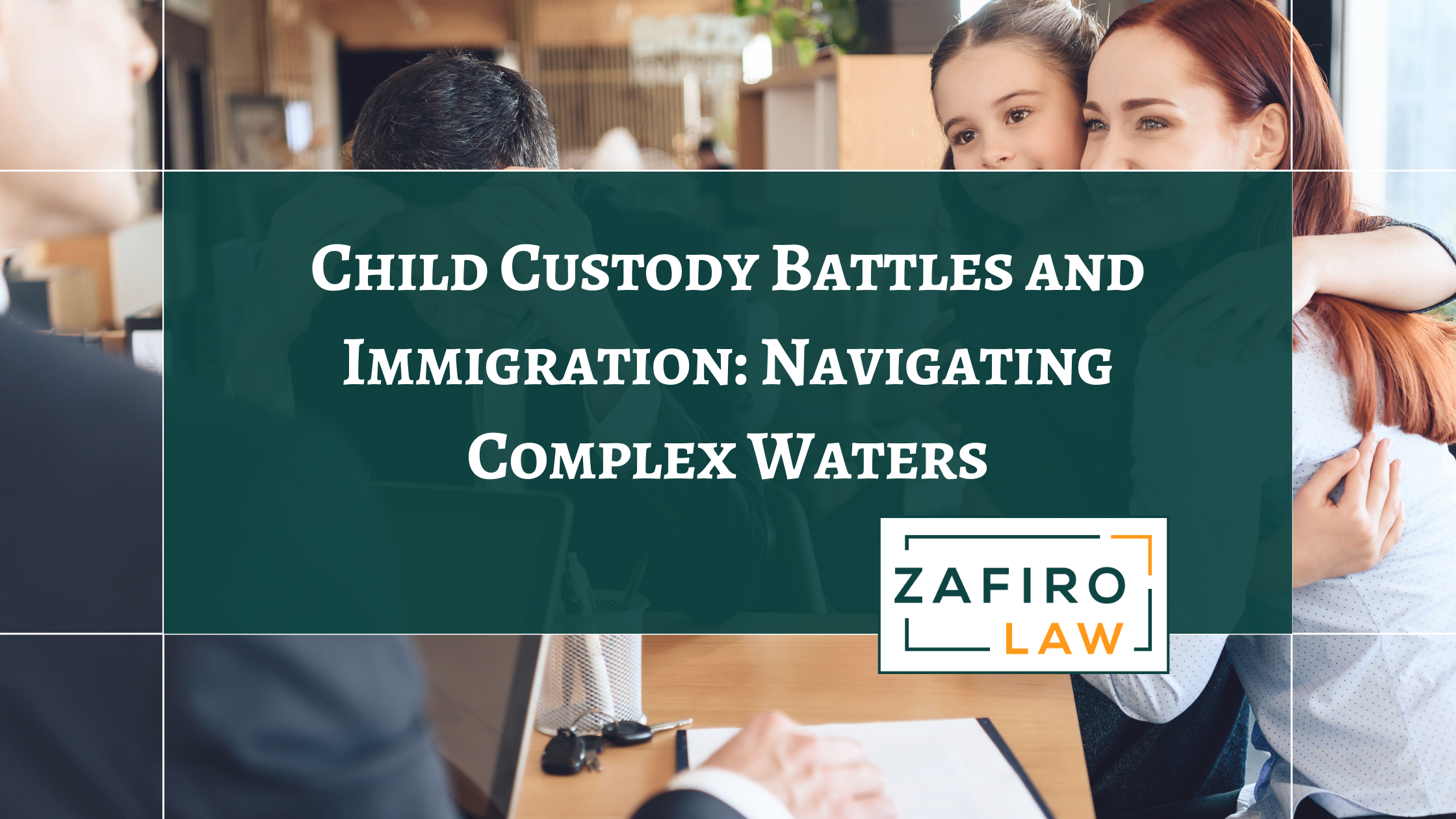Child custody disputes are among the most challenging aspects of family law. However, the complexity increases significantly when custody disputes occur when one spouse is a legal resident and the other is not. Many clients are left with the concern that their immigration status will be used against them. “Will I lose custody of my children because of my immigration status?”
The purpose of this blog is to dispel some of your concerns and explain what steps to take when you are in this position. The most essential factor in any custody battle in the eyes of the state, regardless of a parent’s status, is the child’s well-being and safety.
Rule of Evidence 413: A Shield Against Bias
We want to bring your attention to a critical legal provision that plays a factor in these cases: Rule of Evidence 413. This rule states that a person’s character, including their immigration status, cannot be used to predict their behavior or actions in specific situations. In child custody cases, a parent’s immigration status cannot be used as a direct argument for or against their ability to parent effectively. This rule is designed to prevent unfair prejudice and discrimination in the courtroom. The law recognizes that immigration status alone does not determine a parent’s ability to provide their child with a loving, stable environment.
Child Safety: The Paramount Concern
Washington state family courts will act in the child’s best interest in all custody cases. Nothing, including status, is more important. While a parent’s immigration status cannot be used against them in a custody argument, it may become relevant if it impacts the child’s safety. For instance, if a parent faces deportation, the court will consider the potential effects on the child. In such scenarios, concerned parents need to seek legal counsel. An attorney can offer guidance on rights and options and advocate for the child’s best interests.
The Role of Immigration in Custody Decisions
While immigration status is not a decisive factor in custody decisions, it can influence certain aspects of the case. For example, a parent’s potential deportation or immigration status could disrupt the child’s living arrangements, stability, or emotional well-being. The court may consider this one of several factors concerning a child’s well-being. Parents in this situation must demonstrate how they can continue to provide a supportive and stable environment for their children, regardless of their immigration status.
Navigating the Legal Landscape
Navigating child custody and immigration requires careful consideration and preparation. Here are some practical steps:
- Gather Evidence: Collect documents like school and medical records and statements from witnesses that can support your case.
- Find an Experienced Attorney: An attorney skilled in family and immigration law is invaluable.
- Focus on Your Child’s Needs: Be prepared to discuss how best to meet your child’s needs.
- Persistence is Key: Child custody battles can be prolonged and draining, but it’s essential to stay committed to securing the best outcome for your child.
ZafiroLaw
Child custody and immigration issues demand an attorney who has experience with family and immigration law. Remember, each case is unique, and courts consider many factors, including but not limited to immigration status. If you’re navigating the complexities of a child custody battle where immigration plays a role, ZafiroLaw is uniquely positioned to handle your case.
Our experienced attorneys are well-versed in these matters and are dedicated to helping you understand your rights and options. We will ensure your child’s best interests remain the priority. Contact us to schedule a consultation today.


